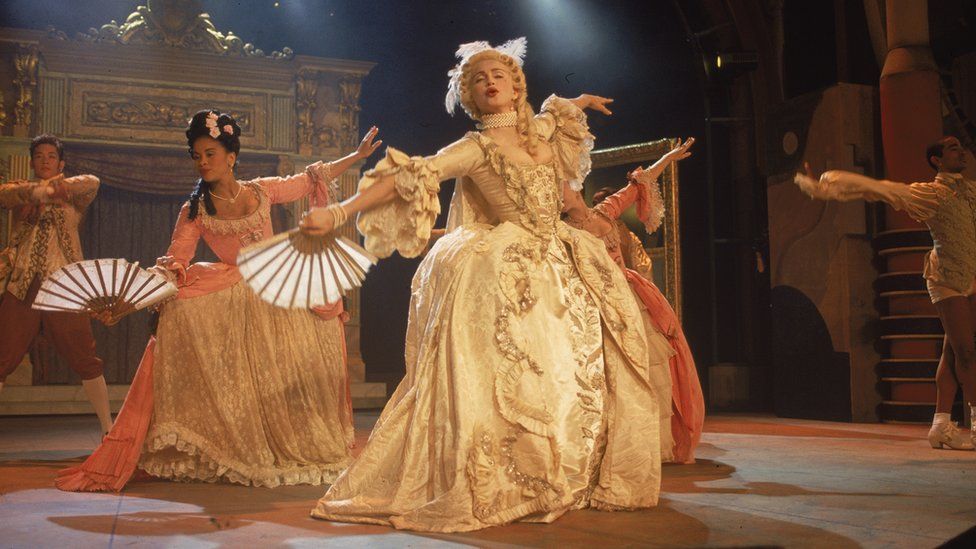
The Director of the Eurovision Song Contest Martin Green has released an open letter to the Eurovision community regarding voting queries after the 2025 edition of the show. Released via eurovision.tv, Martin has tackled questions around fairness of voting, advertising from delegations, and the quantity of votes. He also addressed the voting process with their partner Once Germany GmbH.
The letter comes after dissatisfaction from Eurofans and Eurovision delegations, following speculation around abnormal televoting patterns in the public results. An example of this is Israel’s overwhelming televote score in both the Thursday semi-final and Saturday’s Grand Final, following a heavy advertising campaign involving an Israeli government agency.
The letter also makes the point to celebrate Austria’s win — by opera star JJ with “Wasted Love”. The win has been somewhat overshadowed by the outstanding concerns over voting, so it’s important to celebrate the phenomenal entry of the new Eurovision champ.
There is a lot to delve into, so as we always say, let’s do this.
Austria’s Eurovision win overshadowed by voting speculation
Martin Green begins his open letter acknowledging that the EBU have been listening to concerns raised post-contest by fans, members of the EBU and the media. Swiftly from there he starts on a very positive note, congratulating Austria’s JJ and the participating broadcaster ORF for their victory in the contest.
Interestingly, Martin emphasizes that “his performance and song rightly, clearly and validly won the Contest”. In the celebratory moment we get a sense of what is to come, as we launch immediately into the hints that JJ’s victory is not being discussed as the primary takeaway of Eurovision 2025, with Martin stating the purpose of this letter is to “make sure any ancillary conversations do not overshadow this epic achievement”.
Voting Partners and Compliance
Next we have a hefty section about who the EBU’s voting partners are, what they do and how they work together to make a valid result. The key partners we hear about here are voting partner Once Germany GmbH and Independent Compliance Monitor EY.
Martin describes Once Germany GmbH’s involvement as follows:
“Once Germany GmbH – uses redundant systems [systems with a backup] and multiple platforms to ensure the correct delivery of votes to the central system.
For the Eurovision Song Contest, specially designed systems are used to monitor and prevent fraud. Additionally, more than 60 individuals in Cologne and several others in Vienna and Amsterdam monitor the voting process in each country and maintain direct contact with telecommunication and broadcasting partners globally. All results are verified through an 8-eye principle by the CEO and senior employees of Once, who collectively have over 40 years of voting experience.”
The other partner mentioned is EY, their compliance manager. Their job is to independently verify and authenticate the result. On EY, Martin says the “entire process, including the result calculation of the platform and the voting results, is thoroughly reviewed and verified by EY”.
Diaspora voting and Political Persuasions
Martin goes on to acknowledge that community, diaspora or incidental voting can happen at the Eurovision Song Contest, due to a few reasons including “personal attributes, back stories, geographic affiliations and current affairs”. He welcomes this in some ways, saying it happens in other contests, and that they are open to it. Martin then says that every year the EBU listen to recommendations from the Eurovision Reference Group once they have analysed the data from the voting partners. This will happen in June as it does every year, and will take into account advancements in technology and external influences and how they can affect voting.
A big concern that has been raised by fans and even a Eurovision 2025 artist is that diaspora voting or voting based on current affairs can sweep up quite a large chunk of televotes before a note has even been sung. Many view this as unfair to delegations who sometimes struggle in the contest. There’s a sense among many that this creates an uneven playing field on the road to qualification for the Grand Final.
Ukraine and Israel
There are two key examples that people cite regarding the international political climate. The first is Ukraine. Some suggest that a solidarity vote over the ongoing war have helped them in the contest, with the country getting a huge amount of points every year. There was even an infamous Instagram story from this year’s Croatian act stating their dissatisfaction at this…whilst wearing a Ziferblat t-shirt.
Ukraine has always been extremely successful in Eurovision. They, along with Luxembourg, are the only countries to always qualify for the grand final since the introduction of the semis. But when they secured their third victory in 2022, questions were raised about their colossal televote score and whether they would have won under different political circumstances.
The other example raised is Israel. For the past two editions of Eurovision, Israel have received extremely high televote scores. This year’s entrant Yuval Raphael got 73 more points in first place of Semi-Final 2 than the runner-up Tautumeitas from Latvia. Whilst far from being 100% definitive markers of public opinion, Israel ranked 23rd on the My Eurovision Scoreboard app community ahead of the contest, so its song was hardly a favourite among fans. The massive public vote has led people to question whether it’s fair that people can vote up to 20 times using a single card or phone number.
Advertising rules and fairness going forwards
The last section of Martin Green’s open letter focusses on the Reference Group’s plan to look at the scale of advertising possible by delegations and the quantity of votes allowed per viewer. In regards to the possibility advertising affecting results, Martin says “such promotion is allowed under our rules and acts to celebrate the artists, increase their profile and launch future careers – it’s very much part of the music industry – but we want to ensure that such promotion is not disproportionally affecting the natural mobilization of communities and diasporas we see in all entertainment audience voting”.
He goes on to address the conversation about quantities of votes allowed per person, by saying, “Another example is the number of votes we allow per person – 20 per payment method. This is designed to ensure that audiences of all ages can vote for more than one of their favourite songs and there is no current evidence that it disproportionally effects the final result – but the question has been asked and so we will look at it”.
Interestingly, various individuals have proven they were able to vote more than 20 times using different cards, including a member of Wiwibloggs, and from fellow community media outlet ESC Insight. There were also various cases on social media of people explaining how they had voted many times for Israel as instructed specifically by Israel’s advertising campaign, which mentioned the 20-vote limit.
Key takeaways
At the end of the letter, Martin rounds out by congratulating JJ and ORF again. Whilst we don’t have definitive answers from the letter, there is a pledge to investigate concerns and make changes where deemed neccessary. A new Reference Group will begin their work soon.
The letter suggests an effort by the EBU to be clearer and more open with how it communicates. A major criticism of the communications during and after Eurovision 2024 was that people were left to speculate about whether the EBU was actually doing anything to address the concerns of broadcasters and the public. This year Martin Green hosted press briefings in the morning in the Press Centre, so it is clear he wants to foster a more positive relationship with various stakeholders.















